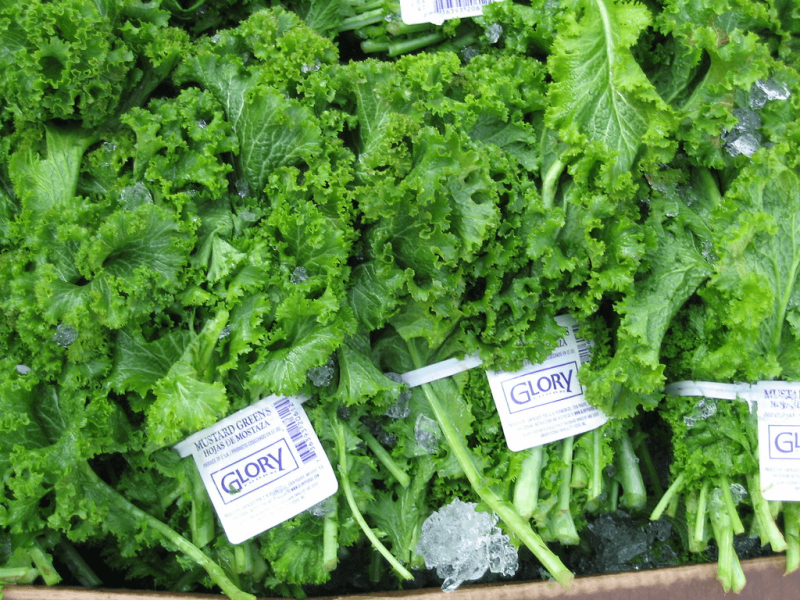North Carolina–based Pairwise is rolling out a new type of mustard greens engineered to be less bitter than the original plant. The vegetable is the first Crispr-edited food to hit the US market.
Mustard greens are packed with vitamins and minerals but have a strong peppery flavor when eaten raw. … Pairwise wanted to retain the health benefits of mustard greens but make them tastier to the average shopper, so scientists at the company used the DNA-editing tool Crispr to remove a gene responsible for their pungency. The company hopes consumers will opt for its greens over less nutritious ones like iceberg and butter lettuce.
“We basically created a new category of salad,” says Tom Adams, cofounder and CEO of Pairwise. The greens will initially be available in select restaurants and other outlets in the Minneapolis–St. Paul region, St. Louis, and Springfield, Massachusetts. The company plans to start stocking the greens in grocery stores this summer, likely in the Pacific Northwest first.
Beyond mustard greens, the company is also trying to improve fruits. It’s using Crispr to develop seedless blackberries and pitless cherries. … [T]he new mustard greens aren’t a genetically modified organism, or GMO. … Crispr involves tweaking an organism’s own genes; no foreign DNA is added.































